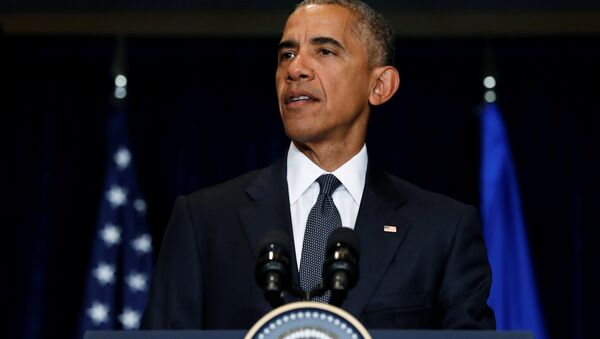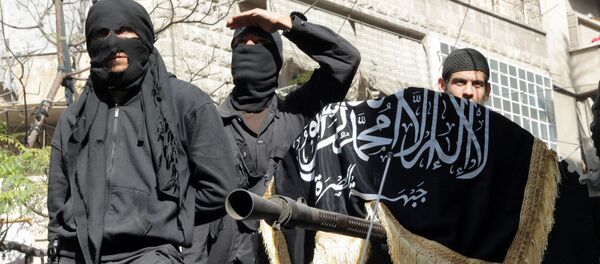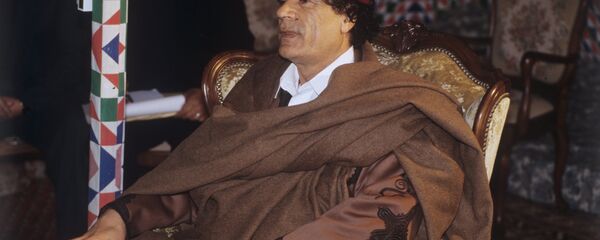Bush Jr.
For as horrible of a debacle as the War on Afghanistan has been, it's received considerably less Mainstream Media attention than the 2003 War on Iraq, which dynamited the geopolitical stability of the Mideast and got the ball rolling on what would eventually coalesce into Daesh.
Interestingly, while Bush and his neoconservative "deep state" backers are stereotypically blamed as their architects for the War on Iraq, they really just implemented the Clinton-era 1998 "Iraq Liberation Act", albeit under completely trumped-up and absolutely false public pretenses.
The other 'unresolved business' that Clinton passed on to Bush was the legacy of Color Revolutions, which represented a direct strategic continuity between the two administrations. Under Bush, this asymmetrical weapon was successfully utilized against Georgia, Ukraine, Kyrgyzstan, and Lebanon.
The Mideast application was initiated after the 2005 false-flag killing of the country's Prime Minister and had the goal of kicking out the Syrian military forces which were protecting the country after its disastrous civil war. Tangentially, it was around this time that the Bush Administration began planning the theater-wide destabilization later marketed as the "Arab Spring", as revealed by investigative journalist Seymour Hersh's 2007 groundbreaking report about "The Redirection".
Obama
The outgoing President had to immediately deal with the Wars on Afghanistan and Iraq the moment that he first entered into office, but his "deep state" was also meticulously working behind the scenes to put the finishing touches on the Bush-era strategy for an "Arab Spring".
In a move that the US hadn't foreseen, the Syrian people fought back against the "Arab Spring" aggression being waged against them, and the War on Syria was consequently commenced whereby the US and its "Lead From Behind" regional proxies sought to overthrow the democratically elected and legitimate government of President Bashar Assad by any means necessary, including the cultivation of terrorist groups.
The establishment of a Salafist principality against Serbia in order to damage the strategic depth of Russia was pretty much what transpired when Bosnia unraveled, but it's just that Alija Izetbegovic and the "post-communist freedom fighters" that he led were a lot more of a convincing sell to the global public than self-proclaimed caliph and former American prisoner Abu Bakr al-Baghdadi, hence the double standards in backing one and backstabbing the other.
Elsewhere in Eurasia, Obama continued the Color Revolution tradition that Clinton had first championed by overseeing the urban terrorist revolt popularly known as "EuroMaidan", which ended up sparking the New Cold War.
The obsession with "nation-building" was taken to an extreme in post-coup Ukraine after Nazi-glorifying "nationalists" came to power with Washington's wink-and-a-nod encouragement and feverishly attempted to stamp out all ideological and ethnic resistance to their rule, eventually culminating in the historic 2014 reunification of Crimea with Russia and the ongoing War on Donbass.
A similar regime change destabilization was unleashed against the Republic of Macedonia in a desperate bid to offset Russia and China's multipolar megaprojects, but the Color Revolution was unprecedentedly beaten back both times that it was attempted and the security services have been very vigilant in preventing the outbreak of Albanian terrorism.
BONUS: George H. W. Bush
It might not seem like it at first, but the President that's handing Trump his greatest set of "unfinished business" is actually George H. W. Bush, but not in the way that one might initially think. It's not the War on Iraq that's being referenced here, nor the dissolution of the Soviet Union per say, but the 41st President's unforgettable references to the "New World Order", which can be taken to contextually mean the post-Cold War unipolar vision that the US endeavored to build.
President-elect Donald J. Trump will still have the twin Hybrid War components of Color Revolutions and terrorism at his disposal just like his post-Cold War predecessors have wielded, but the geopolitical circumstances in which the US will be operating have qualitatively changed since the era of Bush Sr., and America's incoming leader will find out the hard way that his country has considerably less leeway in liberally applying them whenever and however he wants from now on.
The views expressed in this article are solely those of the author and do not necessarily reflect the official position of Sputnik.






